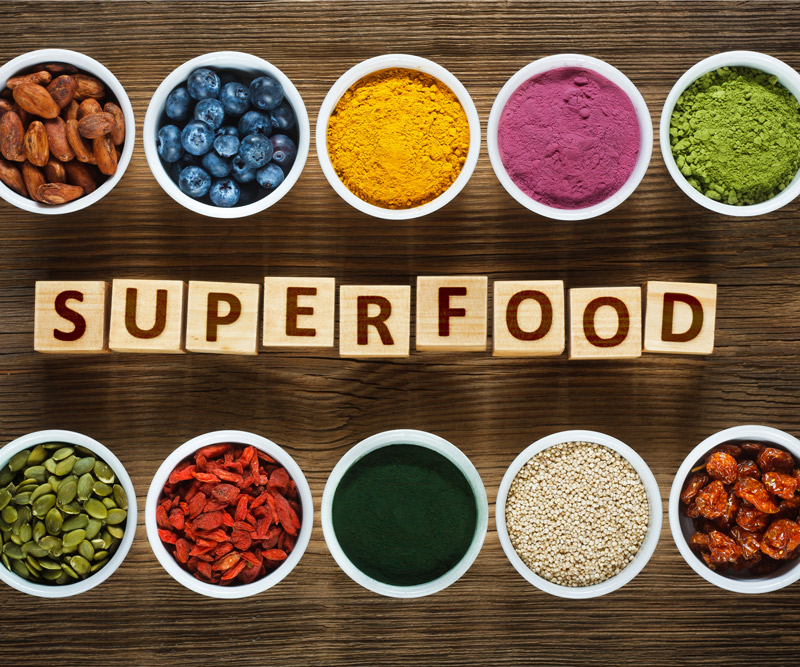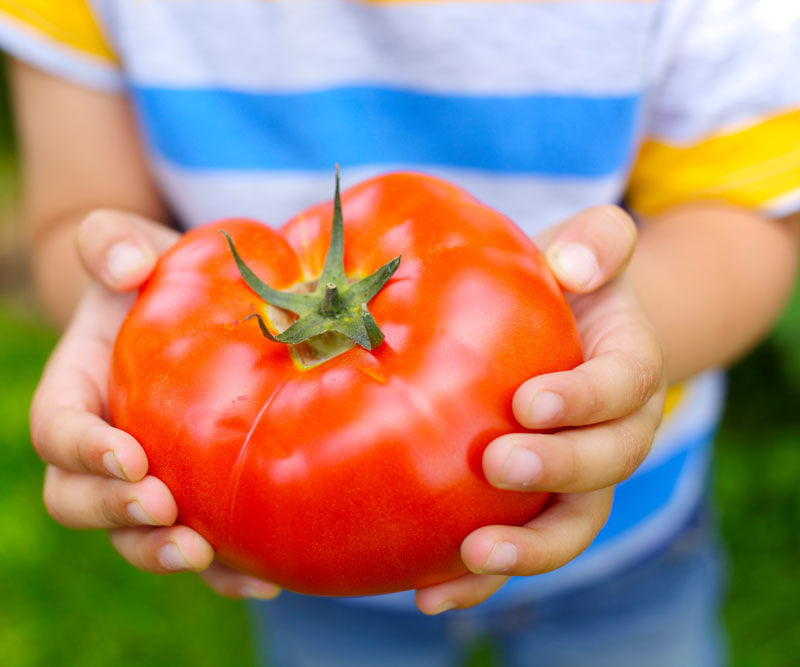
Don’t Be Fooled by Food Labels
What’s in a name? Evidently, a whole lot.
The terms “organic,” “gluten free,” “no added sugar” and “100 percent natural” have become popular in recent years due to consumers’ increased awareness of what they are putting in their bodies. In fact, sales of organic foods reached $39.1 billion in 2014 – an 11 percent increase from the previous year.
And those numbers are only expected to keep going up.
But what do these claims really mean? Are gluten-free cookies healthier than regular cookies? Is sugar-frosted, neon-colored cereal made with whole grains a better option for your child’s breakfast bowl?
“Companies pay for many of these claims, and the foods that carry them are likely to be heavily processed. The claims are often dubious, at best,” says Michelle Stanley, a registered dietitian at Pali Momi Medical Center.
According to Stanley, food companies dial in on market trends and package their products accordingly.
And when food manufacturers take out public enemy numero uno – right now they love to hate gluten – they have to replace it with something else to make up for the change in taste or texture.
“When foods are heavily processed, they are stripped of their naturally occurring flavors and colors, and lose a good amount of their disease-fighting vitamins, minerals and antioxidants. What do you think is put back in their place? Artificial chemicals, dyes, preservatives and loads of salt, sugar and hydrogenated oils that contribute to chronic disease,” Stanley states.
Other times, the purported “bad” ingredient might never have existed in the original product, but the “health halo” created by buzzwords leads consumers to believe that what they are buying is healthier than it really is.
Take, for example, the following situation: Researchers at Cornell University conducted an experiment where they presented shoppers with two identical cookies. One cookie they labeled “regular” and the other “organic.” While the cookies were, in fact, exactly the same, participants assumed the one touting the organic claim was lower in calories and had a better nutritional profile.
“Sometimes what you read or hear about isn’t necessarily true and you need to look where the source of the information is coming from,” Stanley says, noting that websites that end in .org or .gov are more likely to have science-based nutrition-related information, versus those ending in .com.
“Be a savvy consumer yourself and take the time to research what the claims really mean,” Stanley says. “It is so difficult to decipher what is good and what is bad for you now. I get many people who will say bananas are not good or you shouldn’t eat bread anymore, and it’s very difficult to change people’s views.”
For optimum health, experts agree that people should focus on eating a well-balanced diet rich in a variety of fruits, vegetables, whole grains, lean meats, healthy fats and low-fat dairy, rather than buy in to the latest food fad.
“I think that it’s important that we get back to the basics of eating fresh fruits, vegetables, whole grains and lean meats instead of the processed foods,” Stanley says. “We also have forgotten what it’s like to prepare meals and sit down to family dinners and to make more time for ourselves to be physically active.
“In order to maintain your weight and maintain a healthy lifestyle you need to be disciplined and make long-term behavior modifications, such as making the choice to eat more fruits and vegetables and not buy the unhealthy snack foods when you are out shopping,” Stanley adds. “A balanced diet will help in ensuring that you get all the essential nutrients you need to be healthy and, in the long term, will pay off.”
Published on: April 26, 2016




